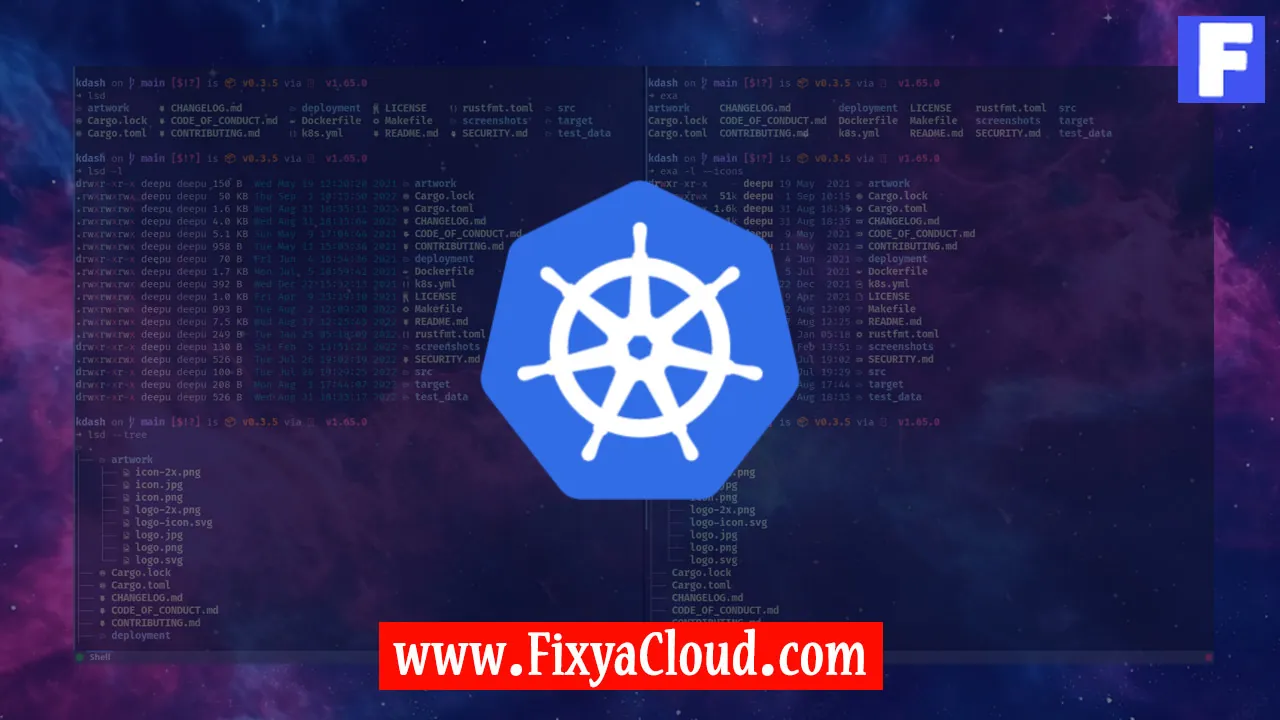How to Use Environment Variables in Kubernetes

Kubernetes, an open-source container orchestration platform, has become the cornerstone of modern containerized applications. One powerful feature that Kubernetes offers is the ability to manage environment variables, allowing for dynamic configuration and enhanced flexibility in deploying applications. In this guide, we will delve into the practical aspects of leveraging environment variables within Kubernetes, exploring the key concepts, commands, and step-by-step instructions to optimize your containerized environment.
Understanding Environment Variables in Kubernetes
Before we dive into the practical aspects, let's establish a solid understanding of environment variables in Kubernetes. In the context of containerized applications, environment variables play a crucial role in storing configuration settings, such as API keys, database connection strings, and application-specific parameters. Kubernetes allows you to manage these variables efficiently, providing a scalable and secure way to handle configuration in a dynamic environment.
Declaring Environment Variables in Kubernetes Pods
In Kubernetes, environment variables can be defined at different levels, but one common approach is to declare them within pod specifications. The env field in the Pod manifest is where you can specify environment variables. Let's look at an example:
apiVersion: v1
kind: Pod
metadata:
name: mypod
spec:
containers:
- name: mycontainer
image: myimage
env:
- name: DATABASE_URL
value: "mongodb://db.example.com:27017/mydatabase"
- name: API_KEY
value: "your-api-key"
In this example, we've declared two environment variables, DATABASE_URL and API_KEY, and assigned them specific values.
Using ConfigMaps for Environment Variables
For more extensive configurations or when you want to decouple configuration from the Pod definition, Kubernetes provides ConfigMaps. ConfigMaps allow you to store key-value pairs, which can be used as environment variables in Pods.
# Creating a ConfigMap
kubectl create configmap my-config --from-literal=DATABASE_URL=mongodb://db.example.com:27017/mydatabase --from-literal=API_KEY=your-api-key
# Using the ConfigMap in a Pod
apiVersion: v1
kind: Pod
metadata:
name: mypod
spec:
containers:
- name: mycontainer
image: myimage
envFrom:
- configMapRef:
name: my-config
Handling Sensitive Data with Secrets
When dealing with sensitive information like passwords or API keys, Kubernetes provides Secrets as a secure way to manage such data. Let's create a Secret for our API key:
kubectl create secret generic my-secret --from-literal=API_KEY=your-api-key
Now, let's use this Secret in a Pod:
apiVersion: v1
kind: Pod
metadata:
name: mypod
spec:
containers:
- name: mycontainer
image: myimage
envFrom:
- secretRef:
name: my-secret
Practical Examples and Use Cases
Dynamic Scaling: Utilize environment variables to adjust the number of replicas or resources allocated to a deployment dynamically.
Blue-Green Deployments: Switch between different environment configurations seamlessly during a deployment for testing or rollback purposes.
Application Versioning: Manage different versions of applications by changing environment variables, facilitating A/B testing or gradual rollouts.
Effectively utilizing environment variables in Kubernetes is key to achieving a flexible and scalable containerized environment. Whether it's through direct declaration in Pod specifications, ConfigMaps, or Secrets, Kubernetes provides robust mechanisms to handle configuration data securely. By implementing these practices, you empower your applications with the agility needed to adapt to various environments and scenarios.
Related Searches and Questions asked:
That's it for this topic, Hope this article is useful. Thanks for Visiting us.
